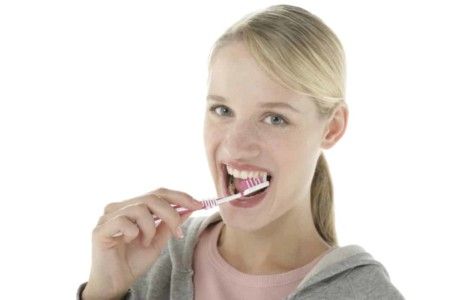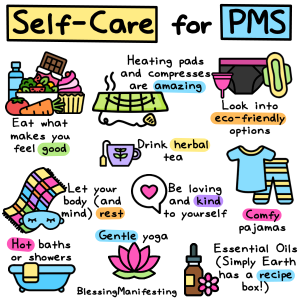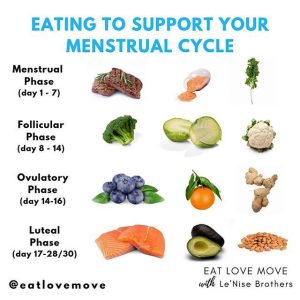Dental plaque increases the risk of caries if it is not removed

Caution: dental plaque increases the risk of caries
Only 24 to 48 hours after brushing, bacteria have already formed a plaque on the teeth, if they are brushed & Co. not removed regularly. If a high-sugar diet is added, caries bacteria have an easy game.
Several hundred different types of bacteria live in our oral cavity. Most are harmless and even vital for humans. But some of them can also trigger diseases such as caries.
- Bacteria form plaque within 24 to 48 hours.
- Pathogenic bacteria multiply and can trigger caries.
- Dental plaque becomes tartar.
Watch out: Dental plaque forms quickly
Immediately after brushing, a thin film of various proteins from saliva, called pellicle, forms on the tooth surface. It protects the tooth from acids and promotes the storage of important minerals in the tooth enamel. Initially, the protective layer is free of bacteria.
“Gradually, however, bacteria from the oral cavity attach themselves to the pellicles,” clarifies Prof. Dr. med. dent. Roland Frankenberger, director of the Department of Dental Conservation at the Medical Center for Dental, Oral and Maxillofacial Medicine at Philipps University in Marburg, Germany.
“If they are not removed regularly, they form a biofilm on the teeth, at the gum line and in the interdental space within 24 to 48 hours if oral hygiene is inadequate. This so-called mature plaque can trigger caries.”
proDente Tip: Dental plaque can also form on removable dentures. Therefore, clean it thoroughly as well and have it cleaned by a dental laboratory from time to time.
Plaque: caries bacteria like sugar
Certain pathogenic bacteria can multiply more in plaque. They can convert sugars from food into acids. The acids dissolve minerals from the enamel and decalcify it. The acids released cause the pH value to drop. Subsequently, the ratio of bacteria types to each other also changes. In the acidic environment, the bacteria that are useful for humans increasingly die off.
For caries bacteria, on the other hand, the growth conditions are ideal: they spread. Those who also frequently consume sugary foods and beverages further promote the growth of disease-causing bacteria and accelerate the decalcification of teeth. After a longer period of time, caries (tooth decay) can develop: The tooth has a hole. The dentist can detect and treat the caries.
Poorly brushed: Dental plaque turns into tartar
The yellowish plaque adheres firmly to the tooth, but is soft. It can be removed with a toothbrush and dental floss as well as interdental brushes. If the plaque is not completely removed, minerals from the saliva such as calcium and phosphate are deposited in the plaque. Thus, after about two to three days, hard tartar begins to form.




